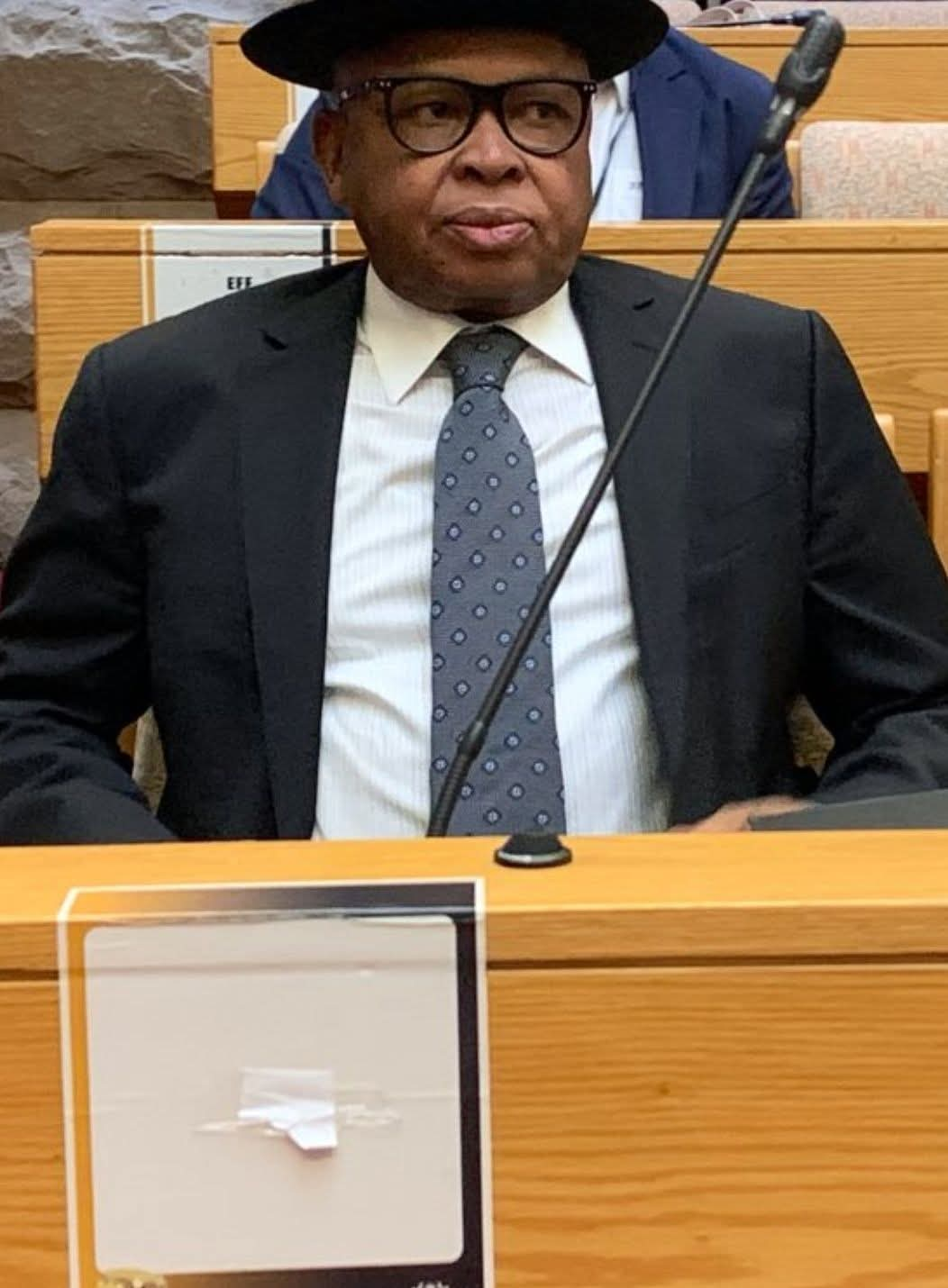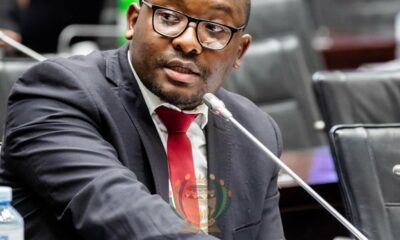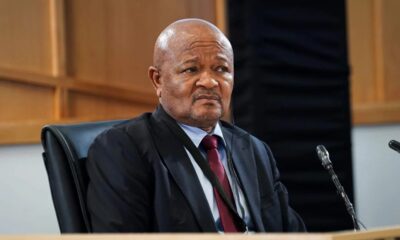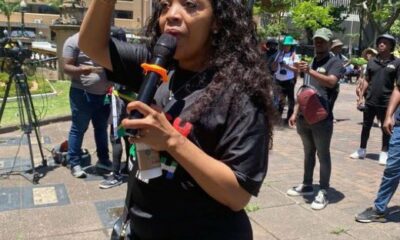Deputy Police Minister Cassel Mathale appeared before Parliament this week and gave a frank look at the cracks inside South Africa’s police leadership. His testimony before the ad hoc committee investigating alleged corruption and interference in the justice system left MPs divided, but it also exposed how leadership uncertainty is affecting one of the country’s most vital institutions.
1. A Ministry Without Direction
Mathale revealed that since he and fellow deputy minister Polly Boshielo were appointed last year, suspended Police Minister Senzo Mchunu never delegated formal duties to either of them.
“The minister is still getting to grips with his role,” Mathale said, adding that despite this, he remained active in coordinating with police divisions and the civilian secretariat.
The comment drew murmurs in the committee room. Critics argue that the lack of delegation reflects a leadership vacuum at a time when SAPS faces public distrust and record-high crime rates.
The PKTT Debate: Who’s Telling the Truth?
One of the most heated exchanges centered on the Political Killings Task Team (PKTT), set up to address assassinations linked to political disputes. Mchunu previously claimed the task team’s mandate had expired in 2022 and accused it of wasting state funds.
Mathale strongly disagreed. He told MPs that former minister Bheki Cele extended the team’s mandate in 2023, meaning it remained legally active.
“If the PKTT were illegal, any money spent on it would also be illegal,” he said.
His testimony suggested a larger issue: confusion at the top of the ministry about which structures exist and who has the authority to manage them.
Inside the Decision to Disband the PKTT
Mathale also confirmed that the controversial letter ordering the PKTT’s disbandment came directly from the minister’s office. The instruction, sent to National Commissioner Fannie Masemola earlier this year, sparked the very inquiry before which Mathale was testifying.
“The national commissioner may deliver the documents, but it is the minister’s decision as the executive authority,” he clarified.
That detail shifts accountability squarely onto the political leadership rather than SAPS management.
A Complex Structure That Needs More Hands
Mathale defended the need for multiple deputy ministers, arguing that SAPS is unlike any other department.
“It has several divisions that operate almost as departments within a department,” he said.
The ministry oversees everything from organised crime investigations to the Directorate for Priority Crime Investigation (DPCI) and a civilian oversight body.
His point resonates with long-standing criticism that the police ministry’s structure is too large for one minister to handle effectively.
The Missing Link: Communication
Asked what he would do differently if he were minister, Mathale’s answer was simple but telling.
“Regular meetings, clear communication, and working with the national commissioner,” he said.
It was an understated but revealing comment. Beneath the political tension, Mathale implied that poor coordination between the minister and senior police management has slowed progress on national policing priorities.
Public Reaction and What’s Next
South Africans on social media have reacted with a mix of frustration and fatigue. Some praised Mathale for his candour, while others said his testimony only confirmed what they already believed: the police ministry is struggling to lead from the top.
The ad hoc committee will resume hearings this week. Mchunu’s suspension has left acting Police Minister Firoz Cachalia temporarily in charge, but questions remain about how the department will stabilise its leadership and rebuild trust.
For a country battling violent crime, that uncertainty is more than a political headache. It is a national risk.




























